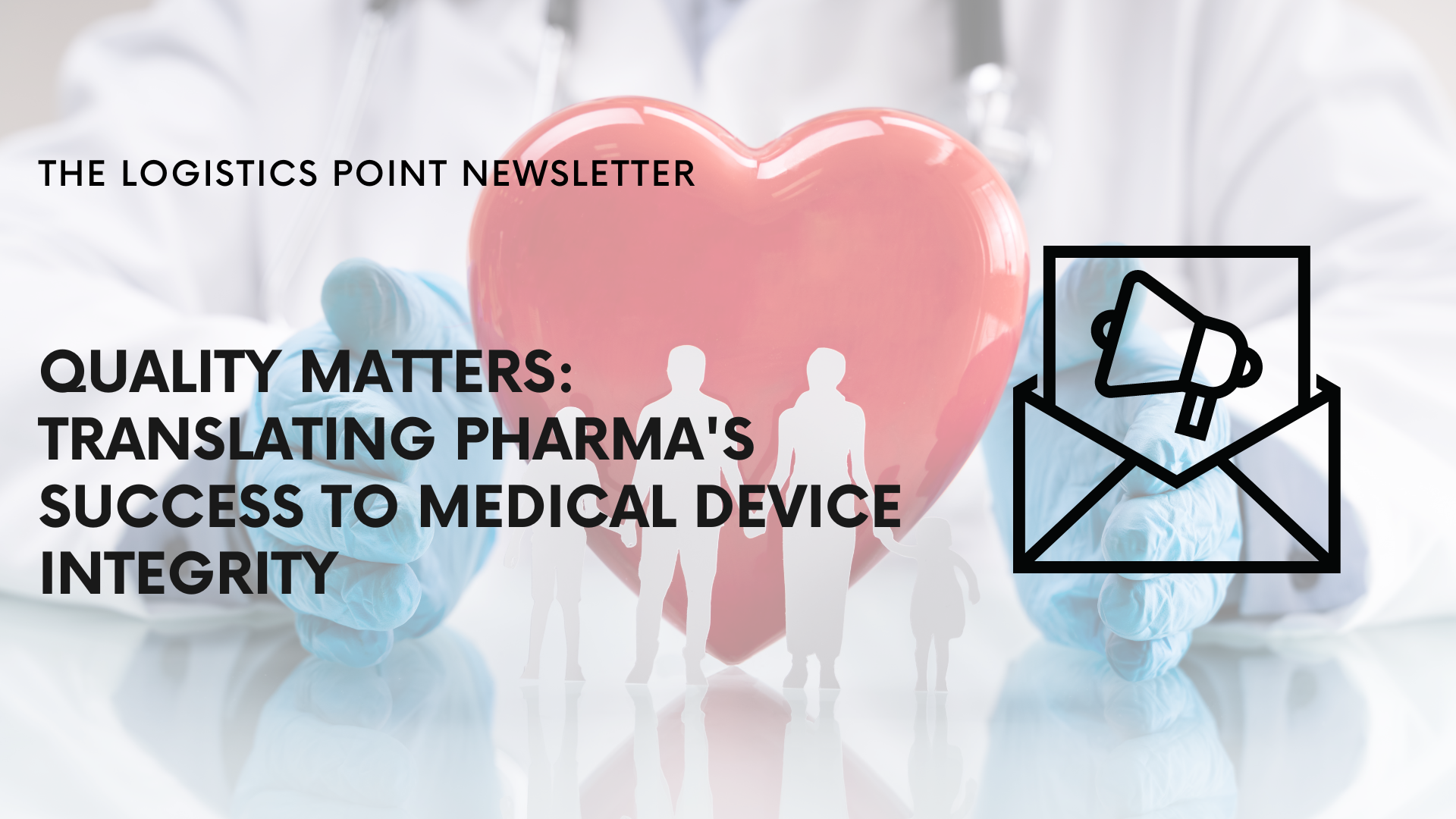Medical devices are a wide range of products with unique needs. This makes tracking and ensuring the quality of those products much harder. The pharmaceutical industry has already done a great job in ensuring high quality and fighting counterfeit items. What can the medical device sector learn? We spoke to David DeJean, VP of Global Strategic Accounts at Systech, and you can listen to the full interview below. More from our March edition here!
David, what makes tracking medical devices difficult?
They have standards which are generally lot based, not individual item based. Certain classes require individual numbers, but these are usually not the high moving products. And they are the ones that are the most counterfeited.
So what steps should then be taken?
Manufacturers would have to deploy some technology to authenticate that the products moving through the supply chain are theirs.
If we could standardise that technology, that would be great. This is already done for pharmaceutical manufacturers and wholesalers.
This would be the Holy Grail and would take a lot of time. In the interim, you can have things on the products that help you identify its authenticity. Obviously, there is higher risk for unauthorised distributors, but also for those that are only online based.
How easy is it for manufacturers and hospitals to claim the costs back and take actions against whoever sold the counterfeit?
An online distributor, for example, was found to sell counterfeit products, despite claiming they were an authorised distributor. Through an investigation the manufacturer found who the supplier was and tracked it all the way to India. They discovered that although the packaging was counterfeit the product inside was a real product of another company.
The problem was that the product had expired. So once hospitals report they have a problem, it would be on the manufacturer to take action.
But how can companies trust and find information?
It is difficult because procurement is trying to get the best product and is also looking for the best price as margins are tight. Spending time at the manufacturer or distributor, making sure they can be trusted is the most important thing. The risks are for the patients and there could be legal liabilities for the hospitals if they are buying from a cheaper and unauthorised place.
It is definitely harder because it is a highly segmented industry. Again it is the manufacturers who implement some level of security.
How likely is it to see a government regulation in this area?
What needs to happen is what is happening in the pharmaceutical sector. There are vendors out there who have been doing this and know how to.
You can listen to the full interview with David DeJean below to learn more about what can be done to protect hospital and patients, the role of manufacturers and governments in the distribution of medical devices. ✷



